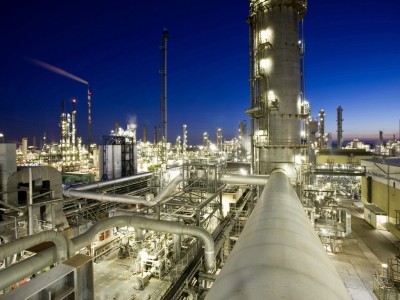BASF set to start making PVP in China

The Shanghai facility will make PVP K30 powder, which is a used by pharmaceutical firms to enhance the solubility of active pharmaceutical ingredients (APIs) in oral drugs. The product also has applications in the cosmetics and food industries.
Spokesman Andres Christian Orthofer told us the facility “will only carry out the polymerization and drying step of PVP production” adding that the precursor chemical N-vinylpyrrolidone (NVP) “will be sourced out of the global BASF production network.”
He also said the Shanghai facility “will mainly serve the Asian market, however not exclusively.”
Capacity investment
BASF announced its intention to add PVP production capacity in Shanghai last year as part of a programme that saw it commit to revamp plants in Ludwigshafen, Germany and Geismar, Louisiana in the US.
At the time BASF said it aimed to increase annual PVP production capacity by up to 6,000 metric tons and cited growing demand in Asia – particularly from generic drug firms – as a major driver.
Orthofer declined to say how much PVP BASF makes at the moment, citing “competitive reasons.”
PVP market
Analysis by Grand View Research suggests the pharmaceutical used 58% of the 161.8 kilo tons of PVP that was manufactured in 2015.
In the report BASF is identified as one of the world’s major PVP producers alongside Ashland and Nippon Shokubai.
According to a European Competition Commission review of Ashland’s acquisition of ISP in 2011, BASF held 10-20% of the global PVP market for binders, a similar share for binders used in wet granulation and a 20-30% share of the PVP immediate release excipients market.
PVP is produced either by using acetylenic polymers or cellulose ethers, with the former method being favoured by BASF.
The German firm uses natural gas and ammonia to make the precursor chemical NVP at the Ludwigshafen and Geismar sites.












